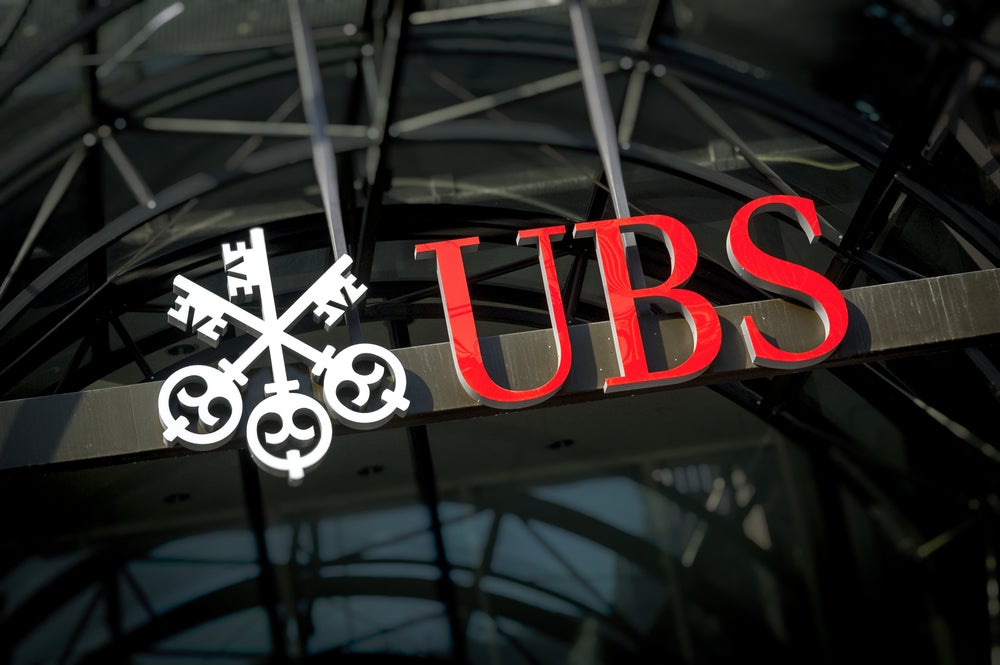
A unit of Swiss banking group UBS has secured the green light to transfer some of its UK assets to Germany, reported Bloomberg.
The transfer from British arm UBS Ltd. to German unit UBS Europe SE will take place next month.
Less than 200 jobs are expected to be affected by the move, which involves the transfer of assets worth €32bn.
The business being shifted is said to comprise deposit taking, operations in equities, foreign currency and credit, along with the bank’s corporate client solutions function.
However, part of the British unit’s operations will be retained in the country by being moved to the London branch of UBS.
These include cash equities, rates and credit as well as exchange traded derivatives, which are said to account for 15% of the assets of the British division.
Judge Alastair Norris, who gave the nod to the asset transfer, said that the move is triggered by the bank’s “external shock” of Brexit.
The decision does not involve “commercial advantage” or “internal rationalisation,” Norris was quoted as saying by Bloomberg.
While applying for the move, the bank’s lawyers said that Brexit posed a “real and immediate risk”.
Norris stated that the asset transfer plans were diligently evaluated by the bank and offers “an appropriate balance”.
According to Norris, the plans have been designed to provide certainty to clients while managing the “exigencies of transferring to a different jurisdiction”.
Last week, Barclays received the approval from the High Court in London to shift €190bn of its UK assets to Dublin in order to manage the outcome of a no-deal Brexit.







